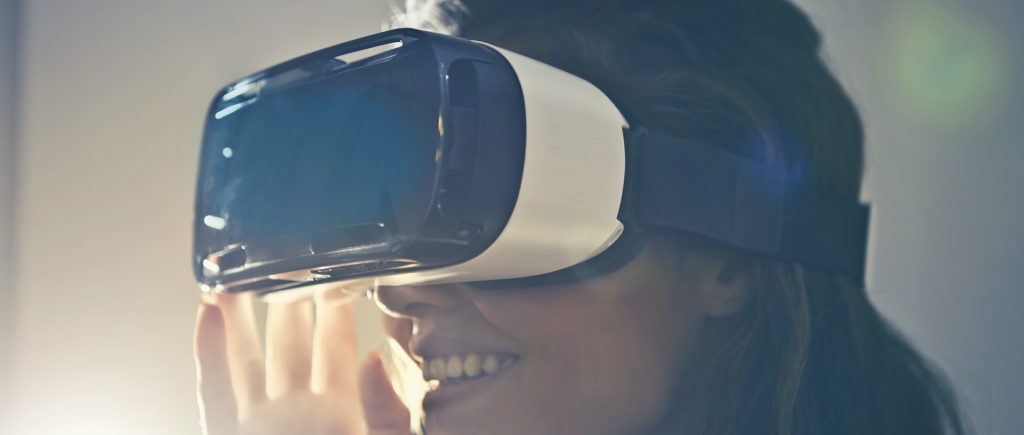Personalisation: the biggest challenge for businesses

Technology is deeply rooted in almost all aspects of our daily lives. According to research, people worldwide spend an average of 6 hours a day online. At the same time, people are increasingly expressing concerns about how technology is used and what it is used for. Discussions about security, privacy and ethical issues prevail. In this article, I explain how organisations can navigate through technological distrust.
The majority of people say they are more concerned about the commercial use of their personal data than security threats from hackers. This is a key challenge for businesses in the coming decade. The success of the next generation of products depends on the ability to adapt to consumer expectations.
Companies that ignore consumers face an existential crisis, where today’s models do not align with people’s needs and expectations. Changing to the new world is not a matter of minor adjustments. To be a leader in the future will require rethinking how a business works and what the intersection between people and technology is.
The organisations of the future certainly have one thing in common: they are based on collaboration. Successful leaders will invite customers, employees and partners to build their new direction together. They will do this by designing a human focus to their digital interactions.
People in the future will not only want more technology in their products, but especially technology that is more human.
People want customised digital experiences, but they are disappointed by the methods most companies use to deliver them. Models that served companies well in the early days of the digital age have led them to unintentionally take more and more control from individuals. Existing data collection methods do not provide the transparency that consumers want.
The companies that properly add personalisation into their products and services today are preparing for a successful future. As 5G and augmented reality (AR) become widespread, their significant impact on delivering and balancing customised experiences will become even more important. Together, 5G and AR will enable companies to personalise people’s digital journeys throughout their lives, anywhere, anytime. With these new technologies comes an even greater responsibility to get it right; for the companies that do, there are huge opportunities.
This blog post has made it clear that companies need to work with all stakeholders to create personalised experiences. People still want the benefits of personalisation, but are sceptical of the non-transparent models that companies use to achieve this. People want more ownership over their data and the digital experience itself. Thereby, huge opportunities and challenges arise from emerging technologies such as 5G and AR. If companies do not forget the human aspect in technology, there is room for future success.
Sources used:
Accenture’s Technology Vision 2020



